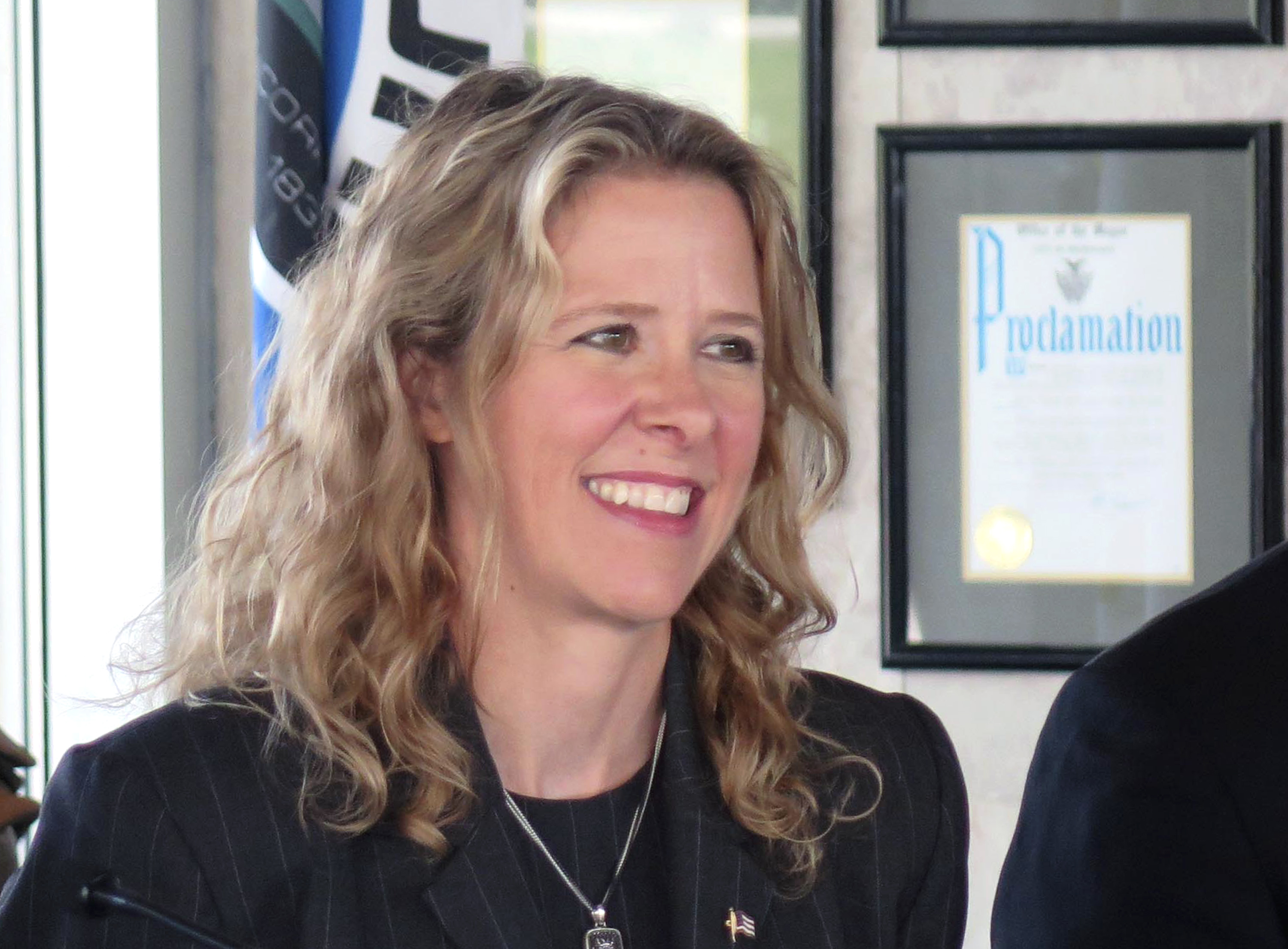
In Minnesota, judicial elections are usually a snore. Most judges run unopposed and even if there’s an actual race, most voters have absolutely no clue who either candidate is or what they stand for. The rules of conduct in the state don’t allow judge candidates to discuss much on the campaign trail.
You might be inclined to conclude that electing — rather than appointing — a judge or justice doesn’t provide proper vetting, but then you have to look to the east and see what’s happening in Wisconsin’s race for the state Supreme Court.
Incumbent Rebecca Bradley was appointed to fill out a term last October, the third time Gov. Scott Walker appointed her to a judicial post. Walker had no idea — at least he says he had no idea — that in an earlier life, Bradley wrote that she had no sympathy for people with AIDS.
“How sad that the lives of degenerate drug addicts and queers are valued more than the innocent victims of more prevalent ailments,” she wrote in the early ’90s.
“Either you condone drug use, homosexuality, AIDs-producing sex, adultery and murder, and are therefore a bad person, or you don’t know that he supports abortion on demand and socialism, which means you are dumb. Have I offended anyone? Good — some of you really need to wake up,” she wrote in a column related to Bill Clinton.
Today, the Milwaukee Journal Sentinel reports that Bradley had an extra-marital affair with a client she was representing in a child placement case.
Is it relevant in a judicial election? Maybe. Maybe not. Voters don’t get a chance to size up a judicial candidate, though, without having an election for the post.
Bradley’s opponent has her own woes.
Last month, JoAnne Kloppenburg told a youth group in West Allis that Abraham Lincoln had slaves.
Abraham Lincoln didn’t own slaves.
“I don’t remember what I was thinking when I said it,” she told reporters yesterday.
Wisconsin voters are even getting something Minnesota’s voters never get in a judicial election: negative TV ads.
It’s not pretty, and there are certainly reasons why subjecting a judge to an election is full of danger. In theory, judges should be isolated from the urge to tailor justice to a popular vote.
In Iowa a few years ago, the state’s justices opened the path to same-sex marriage with a law-based opinion. Months later, three of the justices up for retention were voted out of office, the first time that happened in Iowa.
Minnesota will straddle the elect-or-appoint debate when it fills the vacancy on the Minnesota Supreme Court with yesterday’s resignation of Justice Christopher Dietzen, thanks to the state Constitution.
Imagine, for example, the chaos if Dietzen’s seat were up for grabs in November, given the presidential campaign we’ve seen this year. But the constitution requires at least a full year to pass before an appointed justice has to face the voters.
For Dietzen’s seat, that won’t be until 2018. Whether we’ll care enough to give the candidates a good vetting at that time is up to us.
